Chromium Chloride is an essential compound in both industrial and research applications, known for its stability, reactivity, and role as a catalyst in chemical processes. Available in Chromium(III) and Chromium(II) chloride forms, this compound is used widely across fields such as electroplating, catalysis, and pharmaceutical synthesis. With high stability in solution and versatility across applications, Chromium Chloride is a sought-after choice for researchers, manufacturers, and industrial processes.
Applications of Chromium Chloride
Chromium Chloride has versatile applications, making it valuable in fields like catalysis, electroplating, pharmaceuticals, and more. Here’s an in-depth look at its primary uses:
1. Catalysis in Organic Synthesis
Chromium Chloride is extensively used as a catalyst in organic synthesis reactions. It facilitates transformations such as carbon-carbon bond formation, reduction reactions, and organometallic processes. Chromium(III) Chloride, in particular, is valued for its catalytic role in producing specialty chemicals and fine chemical synthesis, which are essential in the production of pharmaceuticals, agrochemicals, and complex organic compounds. Its use in catalysis improves reaction efficiency, making it a vital compound in chemical manufacturing.
2. Electroplating and Surface Treatment
Chromium Chloride is widely used in electroplating, providing a protective and decorative chromium coating on metal surfaces. This coating enhances corrosion resistance, improves surface hardness, and adds a polished appearance. Chromium electroplating is especially popular in the automotive, aerospace, and appliance industries, where durability and aesthetic appeal are crucial. Chromium(III) Chloride is often preferred in environmentally-conscious plating processes, providing a safer alternative to traditional hexavalent chromium.
3. Pharmaceutical and Nutritional Applications
In the pharmaceutical industry, Chromium Chloride serves as a precursor in synthesizing medications that require chromium complexes. Additionally, Chromium(III) Chloride is a recognized trace element supplement, particularly beneficial in regulating blood sugar levels. It is sometimes used in nutritional supplements and as a dietary additive, as chromium plays a vital role in carbohydrate, protein, and lipid metabolism. Its role in supplements is valuable in managing insulin sensitivity and supporting metabolic health.
4. Industrial and Laboratory Research
Chromium Chloride is a versatile reagent in laboratory and industrial research, commonly used in studies involving coordination chemistry, organometallic synthesis, and material science. Researchers utilize it in developing new materials, as it offers unique properties as a Lewis acid and reducing agent. Its applications in green chemistry research are particularly significant, as Chromium Chloride is used to design environmentally friendly reactions and reduce waste in chemical processes.
5. Coloring Agent in Ceramics and Glass
Chromium Chloride is also used as a coloring agent in the ceramics and glass industries, where it imparts a distinct green color to products. In ceramics, it is applied to create glazes that maintain their color even under high-temperature conditions, making it suitable for decorative pottery, tiles, and glassware. Its stability during the firing process ensures consistent color quality, an essential characteristic for high-end ceramic and glass items.

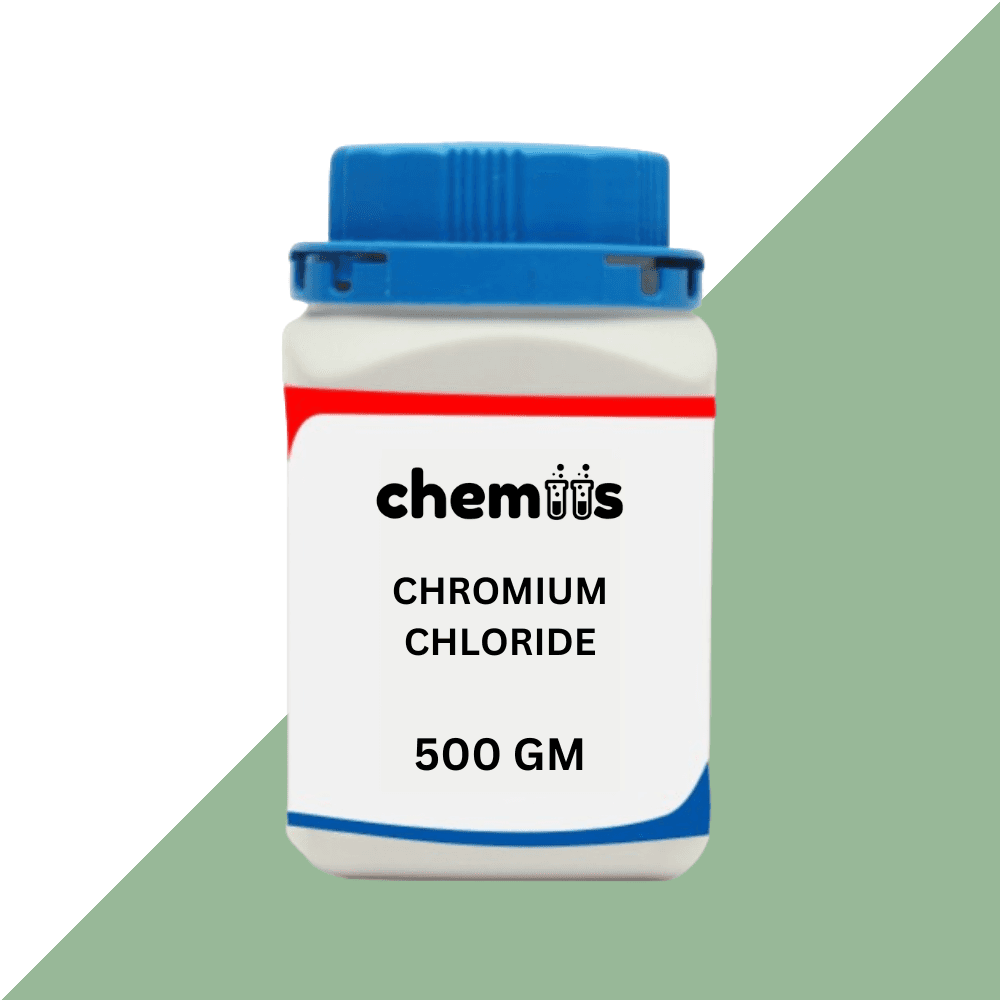
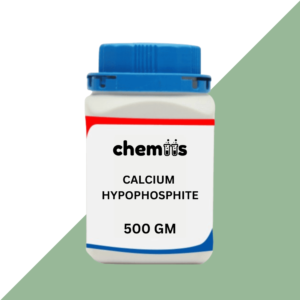
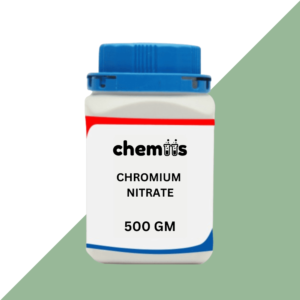
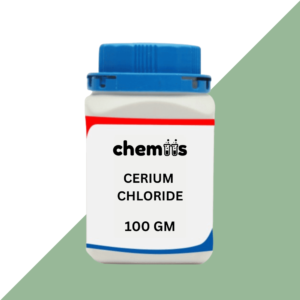
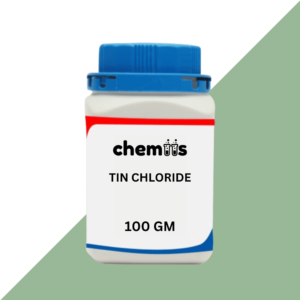

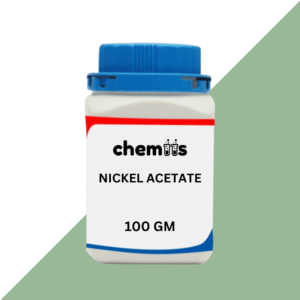
Suraj Barman (verified owner) –
Efficient and reliable.
Ananya Joshi (verified owner) –
Bulk order handled perfectly.
Divya Raut (verified owner) –
Reliable chemical supplier.
Chirag Vora (verified owner) –
Everything went smoothly.
Vinay Tiwari (verified owner) –
Affordable and effective.
Darshan Solanki (verified owner) –
Delivered without damage.
Kripa Mehta (verified owner) –
Good quantity at good price.
Divya Raut (verified owner) –
Excellent shipping speed.
Darshan Solanki (verified owner) –
Fast response to queries.
Isha Roy (verified owner) –
Simple checkout process.